Who Owns Audi and Porsche

The ownership of Audi and Porsche is an interesting topic to explore, as these two renowned automotive brands have a significant presence in the industry.
Understanding who owns Audi and Porsche, their history, and current ownership structure sheds light on their respective journeys and the relationship between them.
Table of Contents
Audi Ownership:
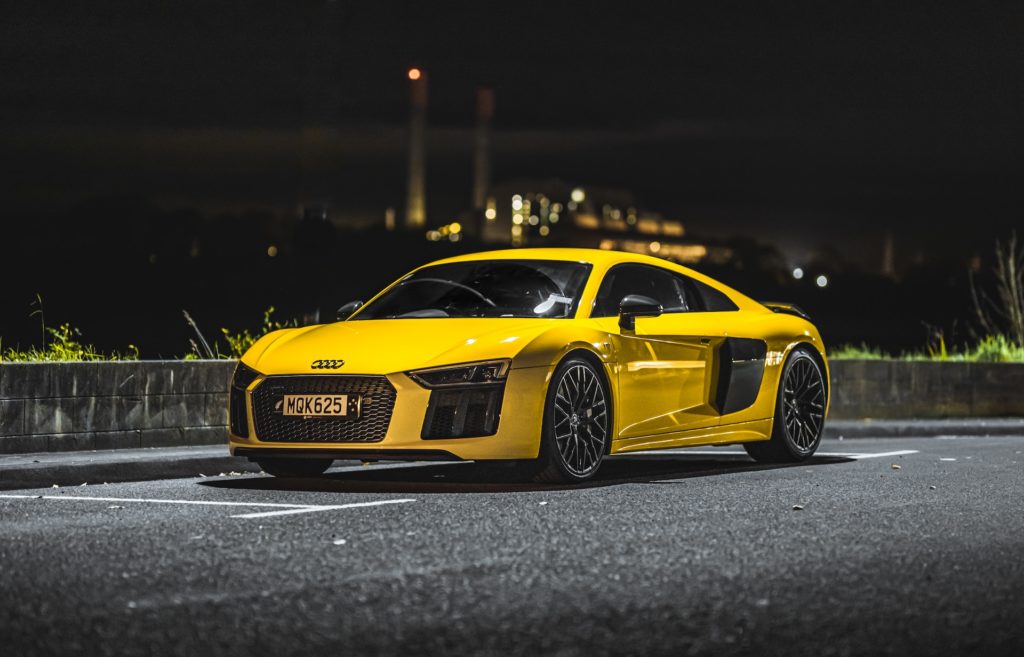
1. History of Audi Ownership:
– Audi has a rich history that dates back to the early 20th century, with several mergers and acquisitions shaping its ownership landscape. The brand was initially established by August Horch in Germany in 1910 and went through various ownership changes throughout the years.
– In 1932, Audi merged with Horch, DKW, and Wanderer to form Auto Union AG, which later became part of the Volkswagen Group.
2. Current Ownership of Audi:
– Currently, Audi is a subsidiary of the Volkswagen Group, which has full ownership of the brand. The Volkswagen Group is a multinational automotive conglomerate that owns several well-known brands, including Volkswagen, Audi, Porsche, Lamborghini, and more.
Porsche Ownership:
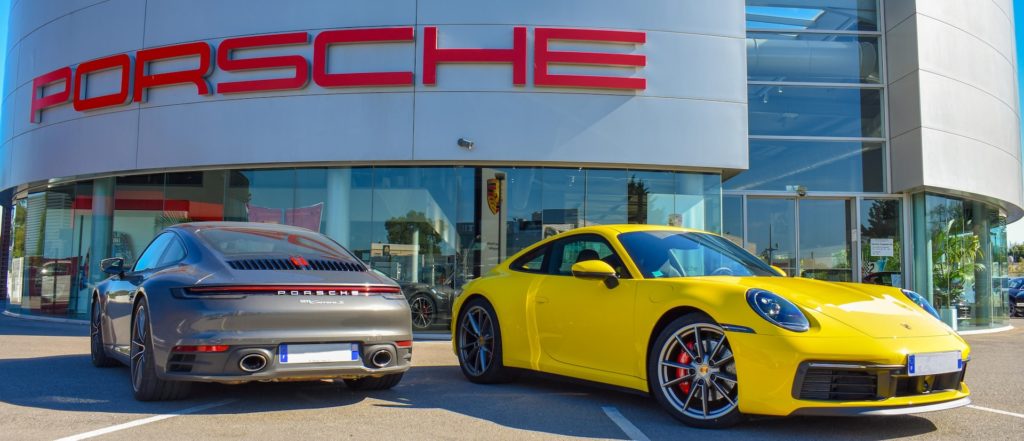
1. History of Porsche Ownership:
– Porsche has a fascinating history that began with Ferdinand Porsche in the early 20th century. The brand was officially established in 1931, focusing on designing and manufacturing high-performance sports cars.
– Over the years, Porsche went through various ownership changes and financial challenges, with Ferdinand Porsche’s son, Ferry Porsche, playing a significant role in the brand’s development and success.
2. Current Ownership of Porsche:
– Currently, Porsche is also a subsidiary of the Volkswagen Group, similar to Audi. The Volkswagen Group acquired a majority stake in Porsche in 2012, following a series of complex financial negotiations and a previous attempt by Porsche to acquire Volkswagen.
Relationship Between Audi and Porsche:
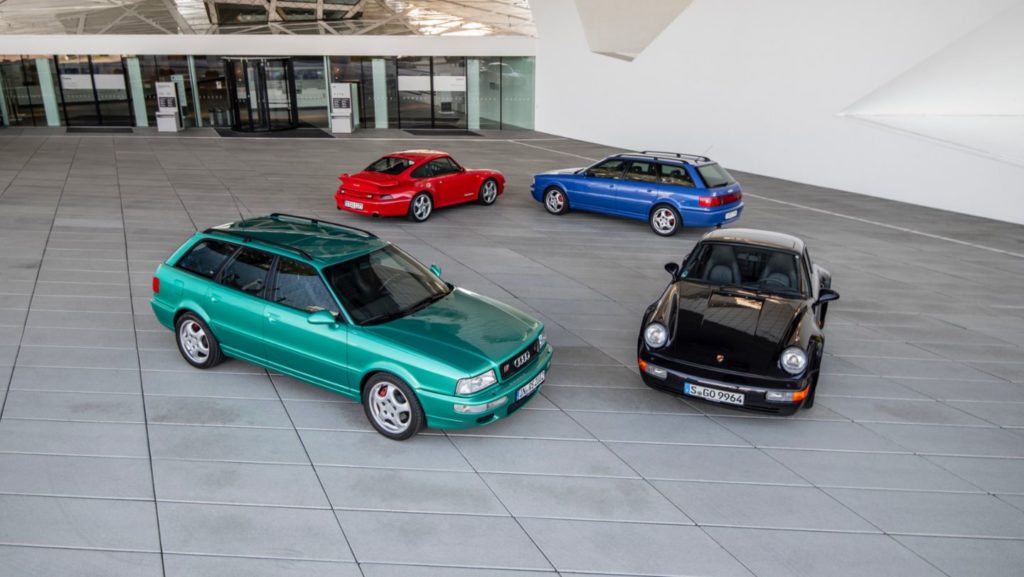
1. Collaboration and Partnerships:
– Audi and Porsche have a history of collaboration and partnerships, particularly in the area of automotive technology development. They have shared expertise and resources to enhance their vehicle offerings and expand their market presence.
2. Shared Technology and Platforms:
– As part of the Volkswagen Group, both Audi and Porsche benefit from the shared technology and platforms within the group. This allows for synergies in research and development, manufacturing processes, and innovation across both brands.
Understanding the ownership structure and relationship between Audi and Porsche provides valuable insights into their history, current operations, and collaborative efforts within the automotive industry.
Audi Ownership
When it comes to the ownership of Audi, there’s a fascinating story to explore. In this section, we’ll delve into the history of Audi ownership and shed light on the current ownership landscape.
Get ready to uncover the facts behind this iconic brand and gain insights into who holds the reins of Audi today. Prepare to be intrigued by the evolution of ownership that has shaped the Audi we know and love.
History of Audi Ownership
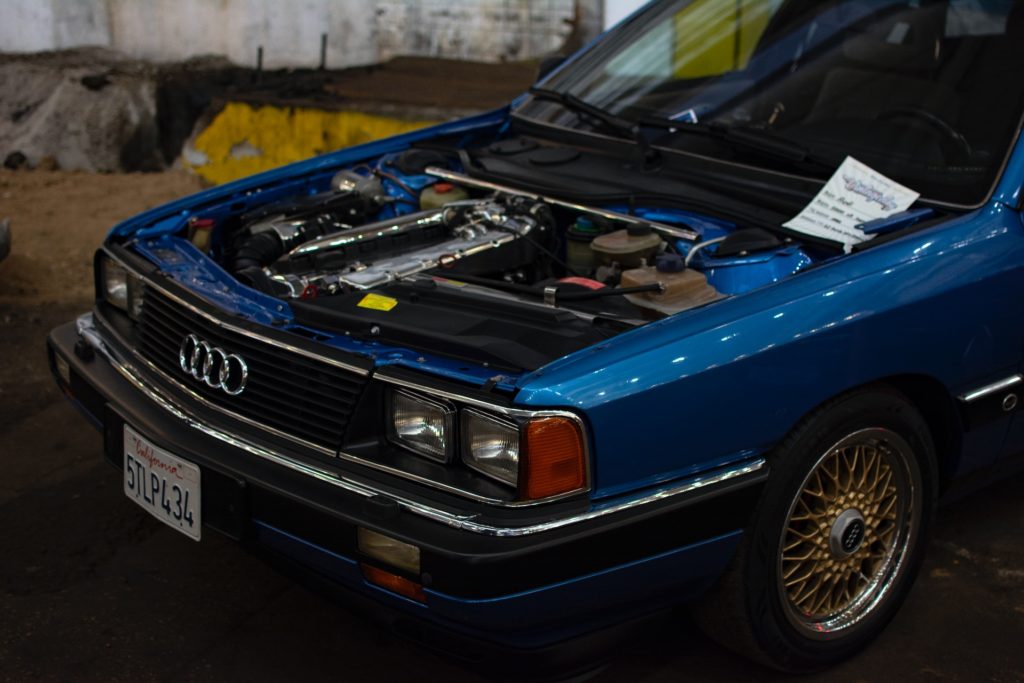
Audi has a rich history of ownership, dating back to its inception in 1910. Since then, Audi has undergone several changes in ownership.
Originally founded by August Horch, the company went through different ownerships before eventually settling with Auto Union in 1932. During the Auto Union ownership, Audi became known for its groundbreaking engineering and top-notch performance vehicles.
During World War II, Auto Union was taken over by the Soviet Union, and Audi had to shift its production to military vehicles. After the war, the company faced numerous challenges in rebuilding and regaining its position in the automotive industry.
In 1964, Volkswagen acquired Auto Union and Audi, marking a significant turning point for the brand.
Volkswagen’s ownership provided stability and resources for Audi’s growth and development. Under Volkswagen’s ownership, Audi has thrived, expanding its lineup, introducing cutting-edge technologies, and establishing itself as a global luxury brand.
Today, Audi is a subsidiary of Volkswagen Group, which also includes prestigious brands like Porsche, Lamborghini, and Bentley.
This ownership structure enables synergies and collaboration among the brands, benefiting Audi through shared technology, resources, and collective expertise.
Did you know that Audi’s iconic four-ring logo symbolizes the four companies that originally came together to form Auto Union – Audi, DKW, Horch, and Wanderer?
Current Ownership of Audi

The current ownership of Audi is:
| Volkswagen Group | 99.64% |
| Public Float | 0.36% |
Audi is primarily owned by the Volkswagen Group, with a 99.64% stake in the company. This gives the Volkswagen Group control over Audi. The remaining 0.36% of ownership is publicly traded and belongs to individual shareholders who own small portions of the company’s stock.
The ownership by the Volkswagen Group has resulted in synergies and collaborations between Audi and Volkswagen.
They collaborate and share resources, technology, and platforms, leading to the development of innovative and high-quality vehicles.
The strong ownership structure has greatly contributed to Audi’s success in the automotive industry.
Please note that the ownership percentages mentioned are accurate as of the latest available information.
Ownership percentages can change over time due to factors such as stock transactions or corporate restructuring.
Porsche Ownership
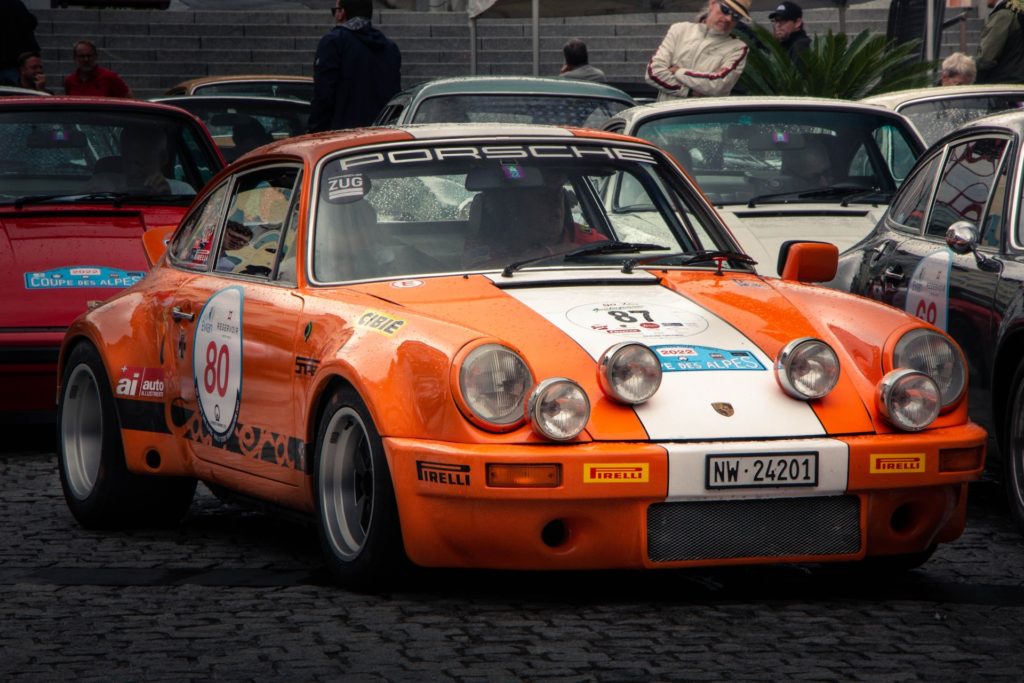
When it comes to Porsche ownership, there is a rich history rooted in luxury and performance.
In this section, we’ll explore the fascinating journey of Porsche ownership, taking a close look at its origins and how it has evolved over time.
We’ll also dive into the current landscape of Porsche ownership, shedding light on who holds the keys to these iconic and coveted vehicles.
Buckle up, because we’re about to embark on a thrilling exploration of the world of Porsche ownership!
History of Porsche Ownership
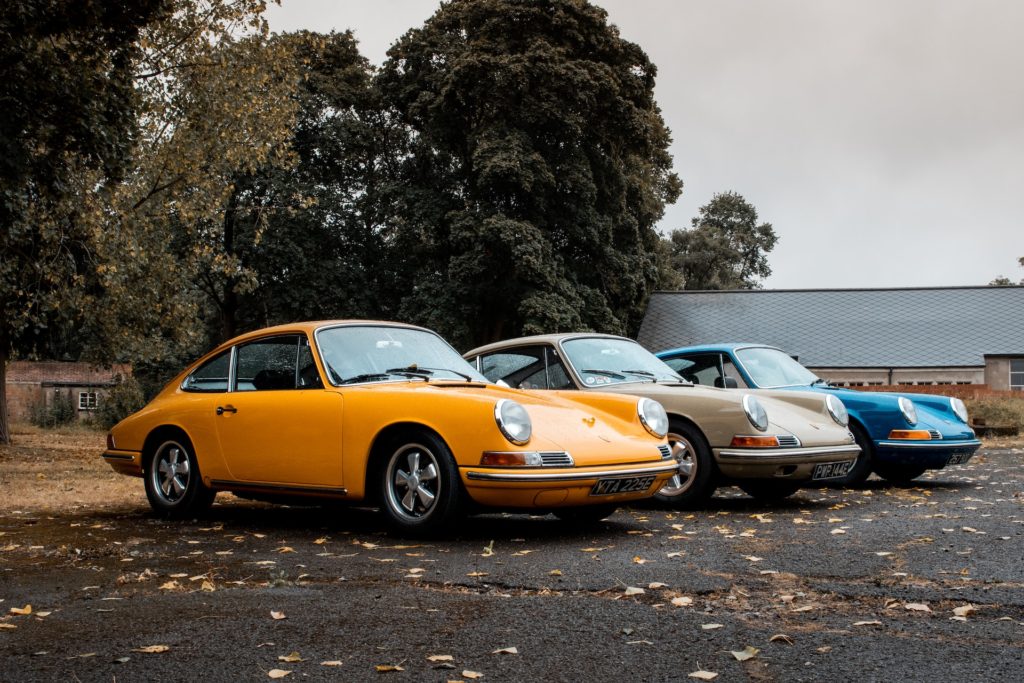
The History of Porsche Ownership is a fascinating story. It all started back in 1930 when Ferdinand Porsche established his very own engineering office, specializing in automotive design and construction.
This marked the birth of the Porsche brand. Fast forward to 1948, and the first Porsche sports car, the 356, was introduced.
In 1971, Porsche transitioned into a public company and experienced substantial growth in the years that followed.
By 1974, financial difficulties arose, leading Porsche to seek assistance.
As a result, Volkswagen Group acquired Porsche, providing the brand with access to the resources and stability of a larger corporation.
Over time, Volkswagen Group increased its ownership stake in Porsche. In 2012, Porsche officially became a part of the Volkswagen Group.
Porsche operates as a distinct brand within the Volkswagen Group, renowned for its high-performance sports cars.
The History of Porsche Ownership demonstrates the brand’s resilience and adaptability.
Starting from a small engineering office, Porsche successfully integrated into the Volkswagen Group while maintaining its symbol of engineering excellence and driving pleasure.
Throughout its rich heritage, Porsche has cultivated a loyal customer base.
Enthusiasts recognize and appreciate the brand’s commitment to innovation and performance.
With a bright future ahead, Porsche continues to redefine the boundaries of automotive engineering and consistently delivers thrilling driving experiences to enthusiasts worldwide.
Current Ownership of Porsche

The ownership of Porsche at present is as follows:
| Volkswagen Group | 100% |
Porsche is currently under the ownership of the Volkswagen Group, with full ownership of 100%.
Volkswagen Group obtained the majority stake in Porsche in 2012 and then proceeded to increase its ownership to 100% in 2014.
This acquisition has further strengthened the partnership between Audi and Porsche, as both brands are now part of the same parent company.
An interesting aspect is that Audi and Porsche have collaborated on various projects, including the sharing of technology and platforms.
This collaboration has allowed them to enhance their products and offer enhanced driving experiences to their valued customers.
Relationship Between Audi and Porsche
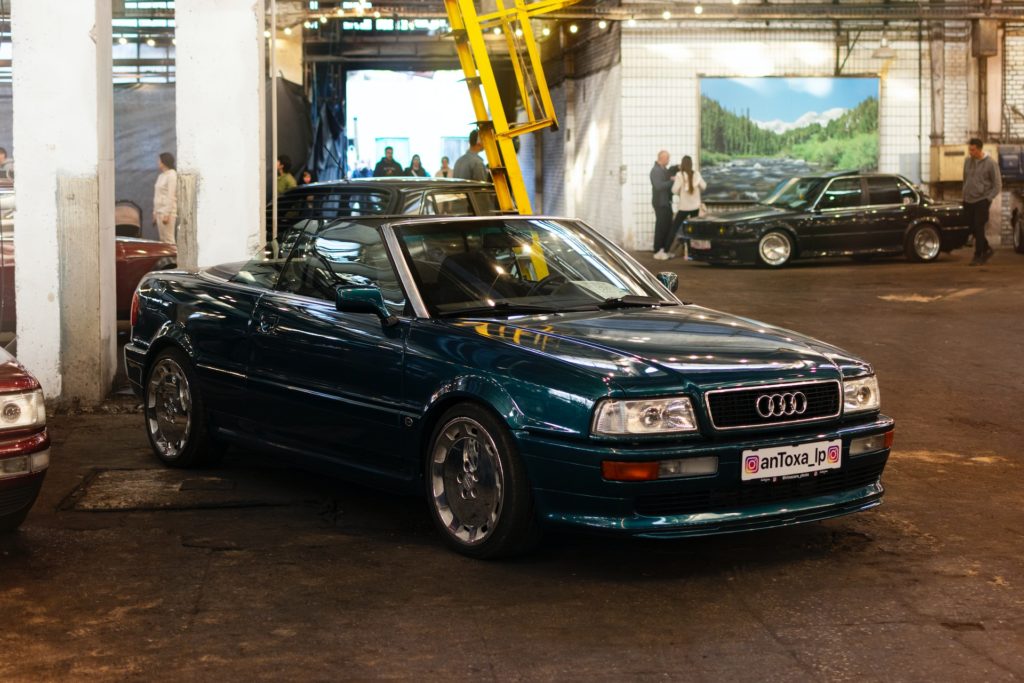
From collaboration and partnerships to shared technology and platforms, let’s uncover the fascinating relationship between Audi and Porsche.
Discover how these automotive giants have come together, shaping the industry with their innovative alliances.
Collaboration and Partnerships
Collaboration and partnerships play a vital role in fostering the relationship between Audi and Porsche.
- Audi and Porsche actively engage in joint development projects, such as shared platforms and technologies. By doing so, they optimize resources and create efficient vehicles.
- Both brands benefit from sharing components, which reduces costs and enhances production efficiency.
- The collaboration between Audi and Porsche goes beyond mere product development. It involves the exchange of knowledge, expertise, and the cultivation of innovation, thereby pushing the boundaries of automotive technology.
- In terms of marketing, Audi and Porsche form strategic partnerships to reach a wider audience and establish a cohesive brand image.
- Both brands are committed to supporting electrification by actively developing electric and hybrid vehicles. This not only boosts their proficiency in sustainable mobility but also ensures they stay in line with industry demands.
Pro-tip: When automotive brands collaborate and form partnerships, it often leads to exciting advancements in technology, design, and the overall driving experience.
Shared Technology and Platforms
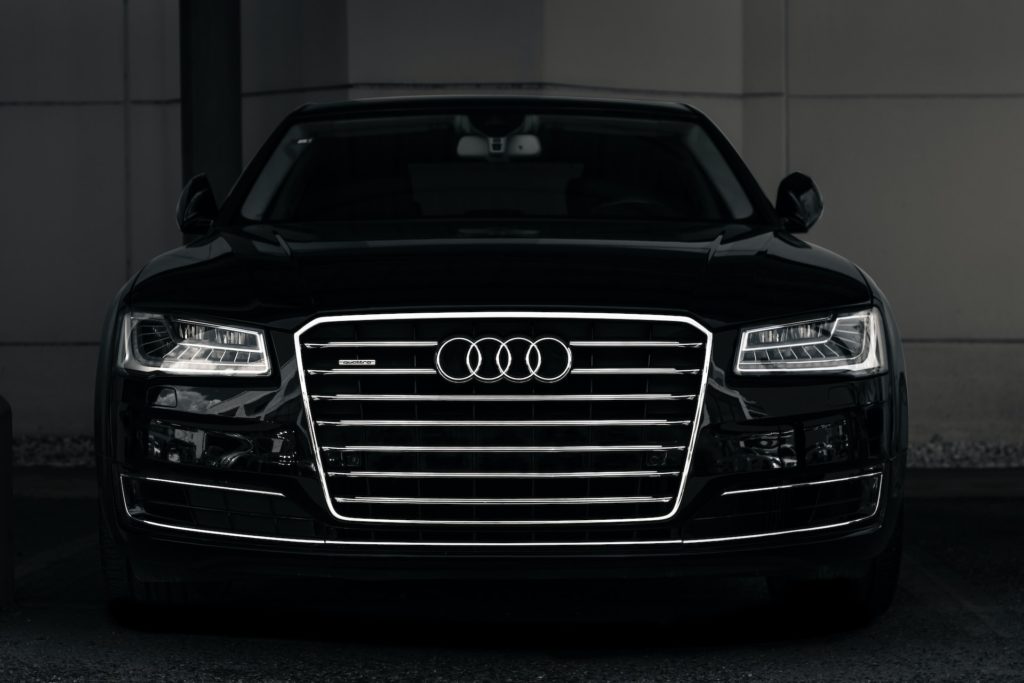
Shared technology and platforms have played a crucial role in the advancement of both Audi and Porsche, leading to the incorporation of innovative features and improved performance in their vehicles.
A prime example of this fruitful collaboration is the utilization of the Modular Standard Platform (MSB) by both Audi and Porsche.
By employing this versatile platform, both brands are able to construct vehicles with various body styles and drivetrain options, providing a solid foundation for cutting-edge engineering and flexibility in both design and performance.
Another realm where collaboration between the two brands thrives is in the realm of electric vehicles. Audi and Porsche have invested significantly in electric mobility and joined forces to develop electric vehicle platforms.
This collaborative effort facilitates the exchange of knowledge and resources, ultimately resulting in the production of more efficient and technologically advanced electric vehicles.
Moreover, Audi and Porsche have entered into a collaboration in the field of autonomous driving technology.
Both brands have successfully devised autonomous driving systems that incorporate state-of-the-art sensors and artificial intelligence.
By combining their resources and expertise, Audi and Porsche can expedite the progress and development of autonomous driving technology.
Have any suggestions or comments! Get in contact with us today!
